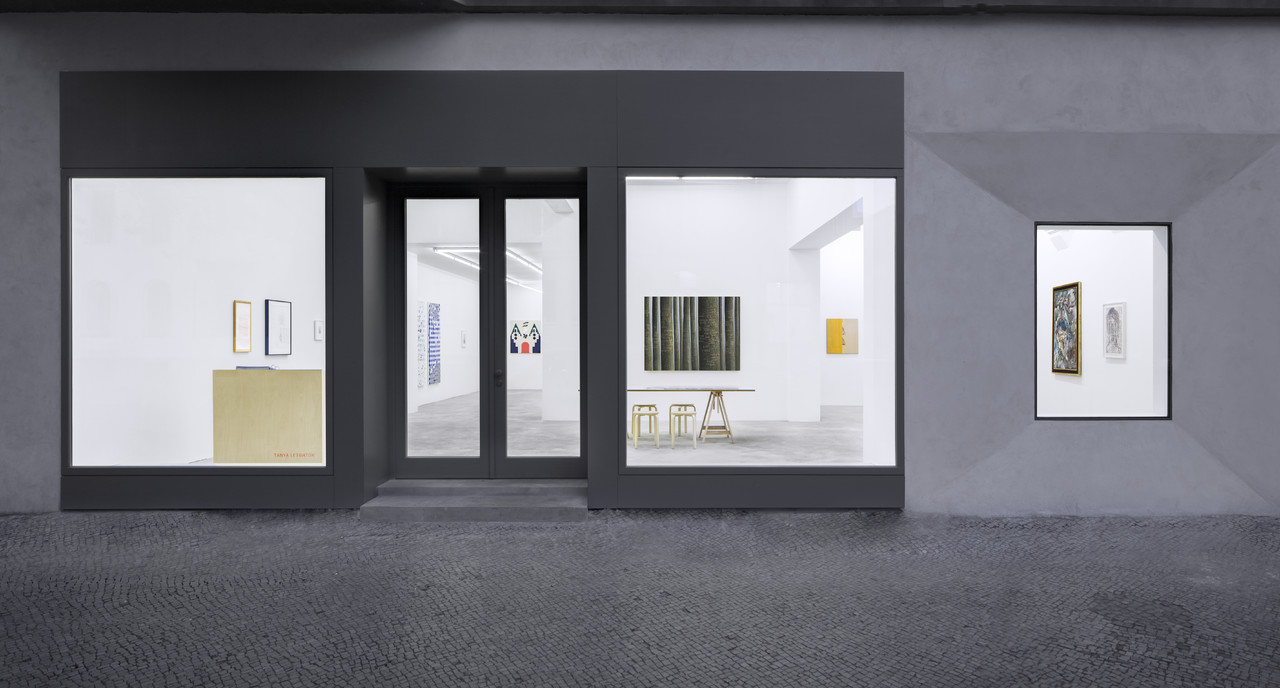Tanya Leighton
Tanya Leighton
Le lent demain
Air de Paris, Romainville, France
14 February – 15 March 2026
Folia
Abdülmecid Efendi Mansion, Istanbul
21 September 2025 – 1 March 2026
Eternal Kalpa
Thailand Biennial Phuket 2025
November 2025 - April 2026
About
Tanya Leighton, established in 2008, is dedicated to developing a cross-disciplinary, trans-generational gallery programme with off-site projects, in collaboration with artists, filmmakers, critics, art historians, and curators. Its international exhibition programme reflects a variety of opinions and practices as well as Leighton’s associations with American and British experimental cinema, artist’s film and video, performance, minimal and conceptual art. Since opening its second location in Berlin in January 2015, the gallery has consolidated its position as one of the city’s foremost representatives of international contemporary art. Solo exhibitions by established and emerging artists intersperse with conceptually motivated projects and group exhibitions. The gallery aims to re-contextualise historical frameworks and practices, bringing marginalised figures back into focus.
Newsletter
Contact
General Inquiries:
Tel: +49 (0)30 21972220
info@tanyaleighton.com
Due to the volume of submissions, we cannot accept unsolicited portfolios at this time. We thank you for your understanding.
Location
Tanya Leighton Berlin
Kurfürstenstraße 156 & 24/25
Berlin 10785 DE
Directions
Tanya Leighton Los Angeles
4654 W Washington Blvd
LA 90016 CA
Directions
Hours
Berlin
Tuesday–Friday: 11–6pm
Saturday: 1–6pm
and by appointment
Los Angeles
Tuesday–Saturday: 11–5pm
and by appointment
